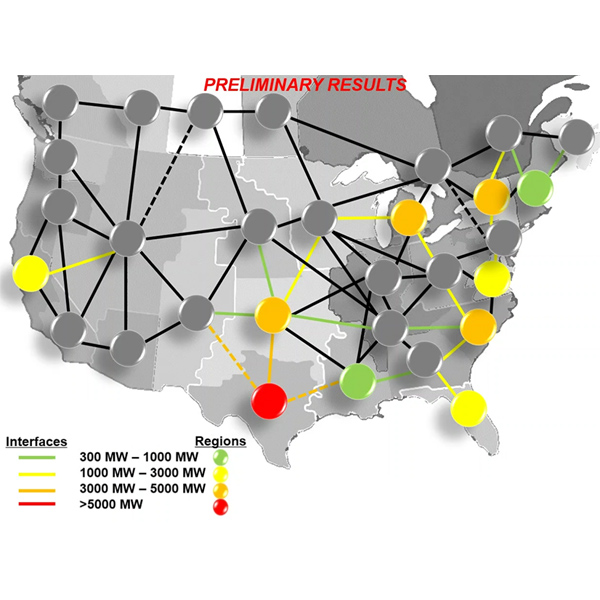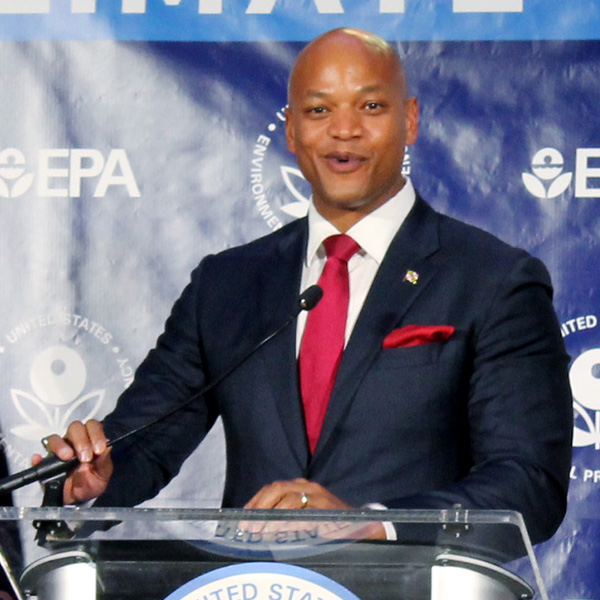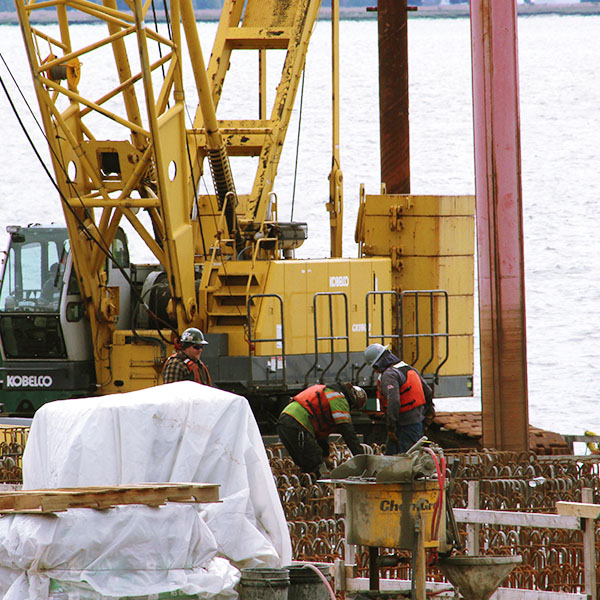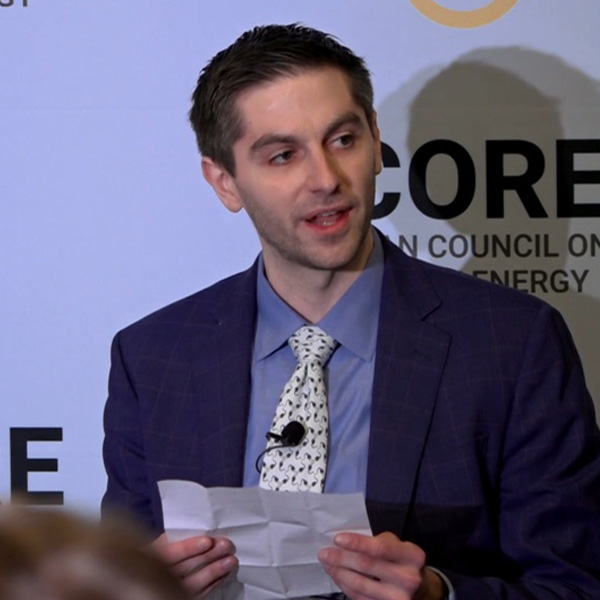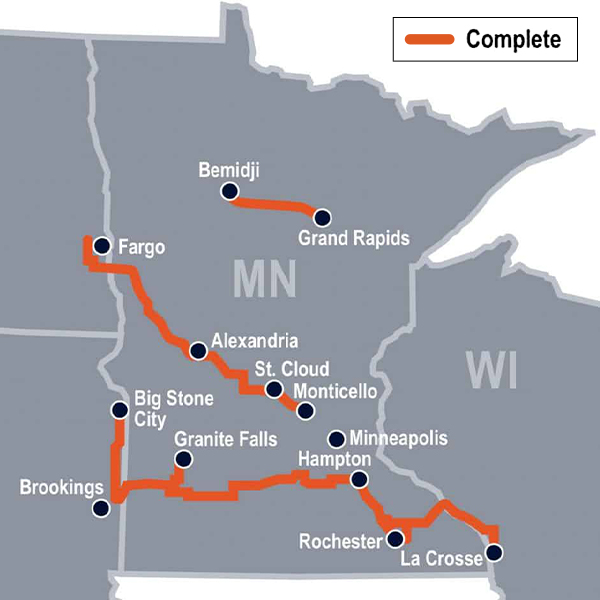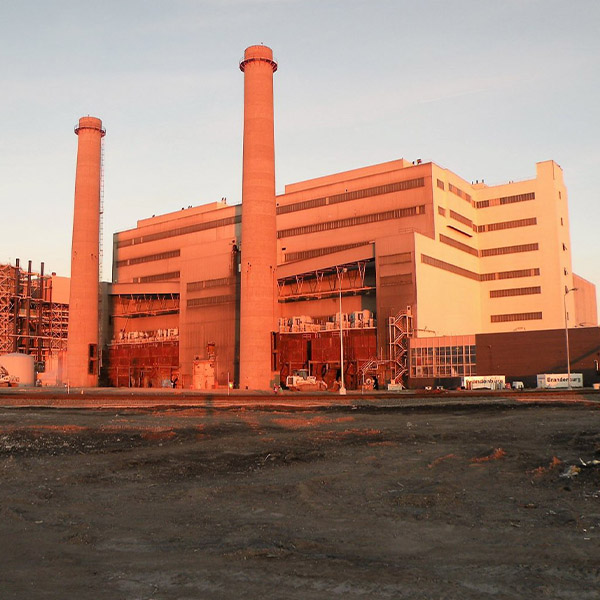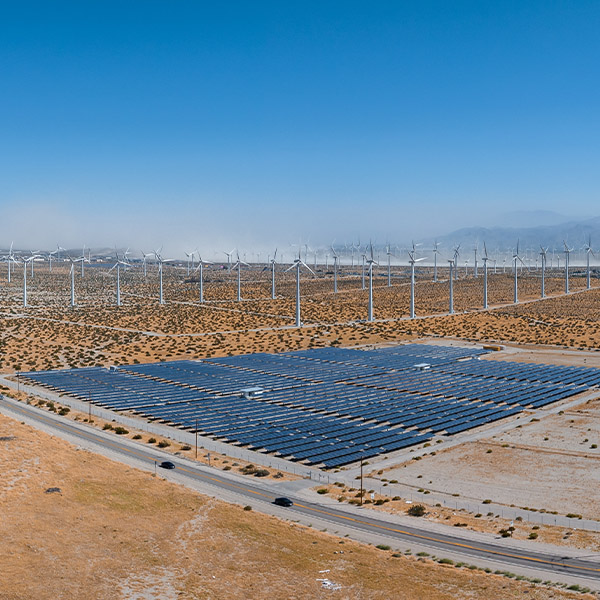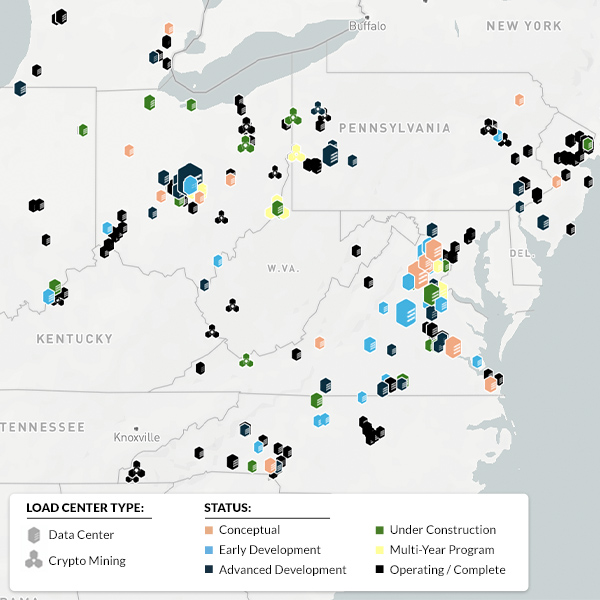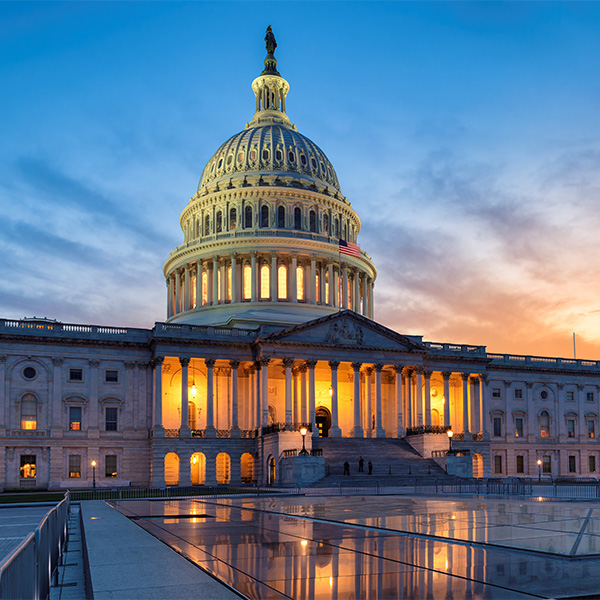American Council on Renewable Energy (ACORE)
The United Kingdom has found success with a cap-and-floor model for transmission where interconnectors to other countries are guaranteed minimum revenues, but return earnings over the cap to customers.
Gov. Wes Moore issued an executive order calling for reforms to boost electricity supply and ensure affordability, which will be implemented in part by the new executive director at the Maryland Energy Administration, Kelly Speakes-Backman.
House Republicans amended the SPEED Act on its way to a floor vote, in order to allow the Trump administration to keep repealing Biden-era permits for offshore wind, which led renewable energy groups to drop support for the bill.
A new report examines CAISO, MISO, PJM and SPP efforts to accelerate interconnection and concludes that while some may succeed in speeding generation additions, some sacrifice fairness, transparency and open-access principles.
Speakers at ACORE’s annual Grid Forum weren’t afraid to use strong words on the ineffectiveness of the U.S. permitting system but were bullish that it’s fixable.
The American Council on Renewable Energy hosted “Powering Progress: States Leading on Transmission Collaboration” to examine the outcome of past multistate efforts and the drive for further collaboration.
Three clean energy trade groups asked DOE to reconsider its recent report on resource adequacy, which they contend uses a deterministic approach to stake out a position for not retiring any more power plants in the face of rising electricity demand.
Every Department of Interior action pertaining to wind and solar energy development must now be reviewed and approved by the Office of the Interior Secretary — after two subordinate offices separately have reviewed them and signed off.
Comments about FERC's technical conference argued for a variety of reforms to address resource adequacy.
Senators working through the weekend on Trump's “One Big Beautiful Bill” delivered renewable energy supporters an unexpected and unpleasant surprise in the form of proposed taxes that likely would stymie completion of projects already in the works.
Want more? Advanced Search
